Book Excerpt: Archetypes by Caroline Myss
Hay House
Publication date: January 8, 2013
Pre-order available at Amazon| Barnes & Noble
I have long believed that it is impossible for us to know who we truly are unless we understand archetypes and, more specifically, our own personal archetypes, because archetypes are the psychic lenses through which we view ourselves and the world around us. As a society we have been on a quest to understand how we function psychologically, what makes us the way we are, and what makes us heal. These questions have awakened a need in us to not only be aware that archetypes influence us but how they express themselves in our individual lives.
If I said to you, "See that man over there? He's my Hero," or "That woman is the Perfect Mom," I know without a doubt that you would understand exactly what I was communicating to you about two people you had never met. With just three words—Hero and Perfect Mom—I would have awakened in you two complete archives of myths and symbols that you automatically associate with those terms. In seconds, these two people would cease to be strangers, as your psyche wrapped them in stories, fairy tales, and your own memories. The man would instantly take on the appearance of a super-strong Hero able to face any adversary. Despite knowing nothing else about him, you would instantly trust him.
Heroes and Heroines are the most popular movie figures of our day. Make a movie about Batman, Spider-Man, Superman, or Wonder Woman, and it will be the #1 draw on opening week. Why? It's simple: We not only love our Heroes and Heroines, we need them. A society without Heroes is a defeated society.













